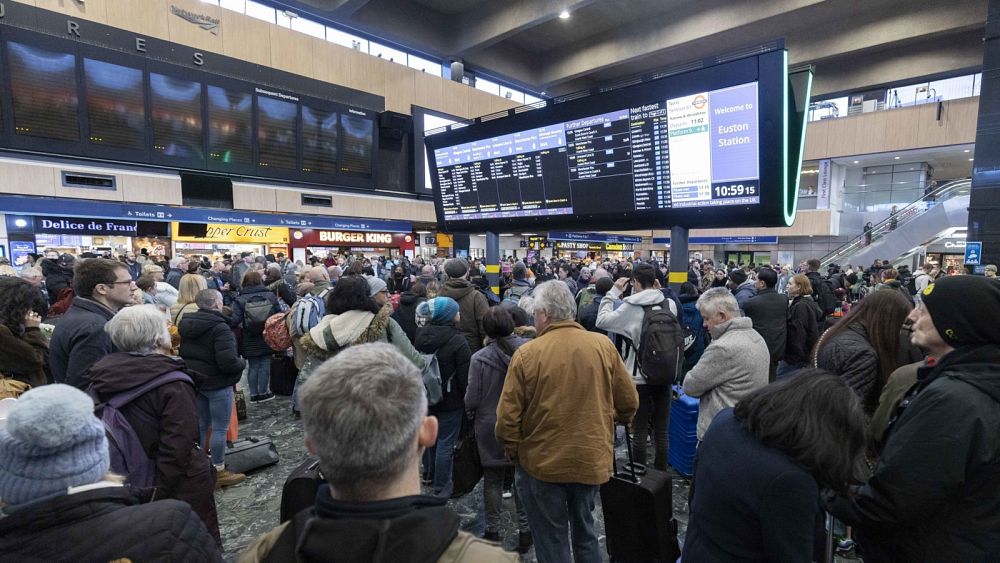British ministers are preparing new legislation aimed at reducing the effectiveness of strikes. Ongoing wage battles often cripple essential services in the UK.
The Department for Business, Energy and Industrial Strategy said the bill would impose a “basic” level of service across sectors if workers decided to strike.
Minister Grant Shapps said it was now a “lottery” if workers decided to strike, and claimed that while nurses were willing to ensure an adequate level of service during a strike, paramedics’ unions were no longer so. “It was a kind of regional postcode lottery. We want to avoid that,” he told Sky News.
Adoption of the legislation in the Senate is likely to run into difficulties, and labor unions will challenge it through legal means. This means that enough service levels will likely not be enforced for months.
As we have reported, strikes in many sectors have paralyzed life in the island nation in recent months. Recently, due to the railway strike, half of the railway lines were closed, and the number of running trains was reduced to five.
In December, paramedics, bus drivers and postal workers went on strike over higher wages, but British health workers also demanded higher wages. At the same time, the government insists that wage increases in the health sector should be introduced “gradually”.
“I think a minimum level of safety makes a lot of sense. I hope that rather than actually using legislation, we’ll be able to provide that safety and protection to people.” He said it was not right that Britons should be exposed to a variety of services depending on where they live.
The bill was introduced to Parliament on Tuesday after crisis negotiations between ministers and trade unions that took place on Monday failed to resolve differences with nurses, teachers and railway workers.












































